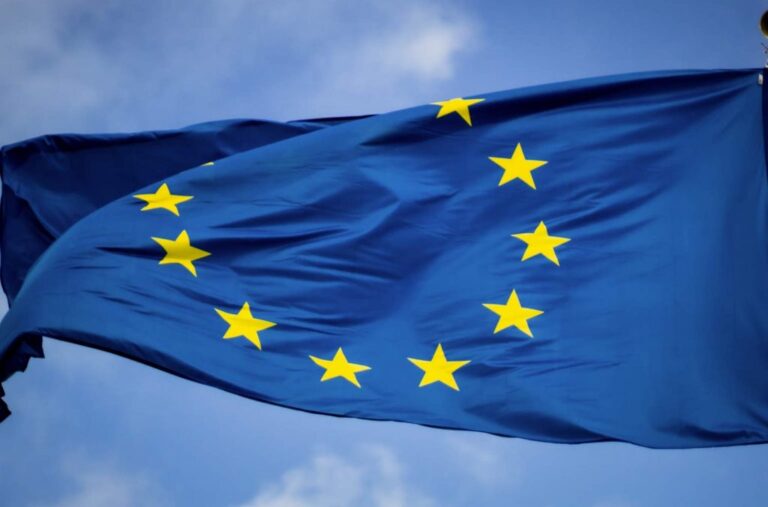
Morning Brief – Oh, and another thing…
As if Europe did not have enough on its plate already as the world watches for developments on the Ukrainian border, the European Court of Justice is also in focus. Officially named the CJEU, the European level court serves to act as the ultimate authority on European law and provides a venue for multinational legal arbitration. The role of the Court has been significant in almost every notable phase of European (dis)integration. Most recently, you will likely recall how the role of the supranational body in upholding any potential Brexit agreement almost stifled a successful withdrawal process altogether.
Today, the CJEU is once again drawing attention to Europe. The European Recovery Fund was able to provide support to the Euro offering light at the end of the tunnel and a mechanism to restore growth once Europe had managed to free itself from the grips of the pandemic. The multi-billion Euro fund was agreed after member states found common ground that was able to appease both fiscally profligate and parsimonious members. However, the requirement to demonstrate an adherence to the rule of law and make human rights commitments did alienate some peripheral member states.
Poland and Hungary, notable beneficiaries of existing EU cohesion spending and due to receive large chunks of recovery fund spending, brought forward challenges to the CJEU about these requirements. These actions brought to the Court have been dismissed in their entirety giving the European Commission the greenlight to constrain recovery fund payments to these nations if they fail to meet the conditionality associated with the project. For Poland this draws EUR 24bn of grants into question and for Hungary, 5.9bn alongside similarly sizeable preferential loans.
Weakness has already pervaded many Eastern European currencies despite the area in general starting their own monetary tightening cycles last year. EU funding is a significant component of capital inflows in Hungary and Poland who each maintain independent currencies in the open market. Further European emerging market FX weakness could be expected as tensions within the Union compound the risks presented by Russia in today’s market.
Discussion and Analysis by Charles Porter

Click Here to Subscribe to the SGM-FX Newsletter
Related Insights

Daily Brief – Muscular EUR
Muscular EUR A group of the larger EU countries have come to the realisation that talking about EUR becoming a global currency needs to be translated into more concrete actions with an integrated EU capital market and increased EU borrowing as being the two key measures. This realisation has been amplified by the successive US […]

Daily Brief – Gold and Silver
Gold and Silver Due to the vertiginous moves in both these precious metals all markets are more than usually fixated on the price action at present. Yesterday, both steadied and clawed back some of the recent losses with Gold rising almost 6% and Silver 10% to USD 4921, and USD 86.70 respectively at the time […]

Daily Brief – US Consumer Price Inflation
US Consumer Price Inflation With January CPI coming in at 0.2% and annual inflation at 2.4%, the Federal Reserve will not be feeling undue pressure to cut interest rates for the time being. With inflation expected to increase this year as tariffs feed through and the effects of a depreciating USD are felt, despite the […]



 Humphrey Percy
Humphrey Percy